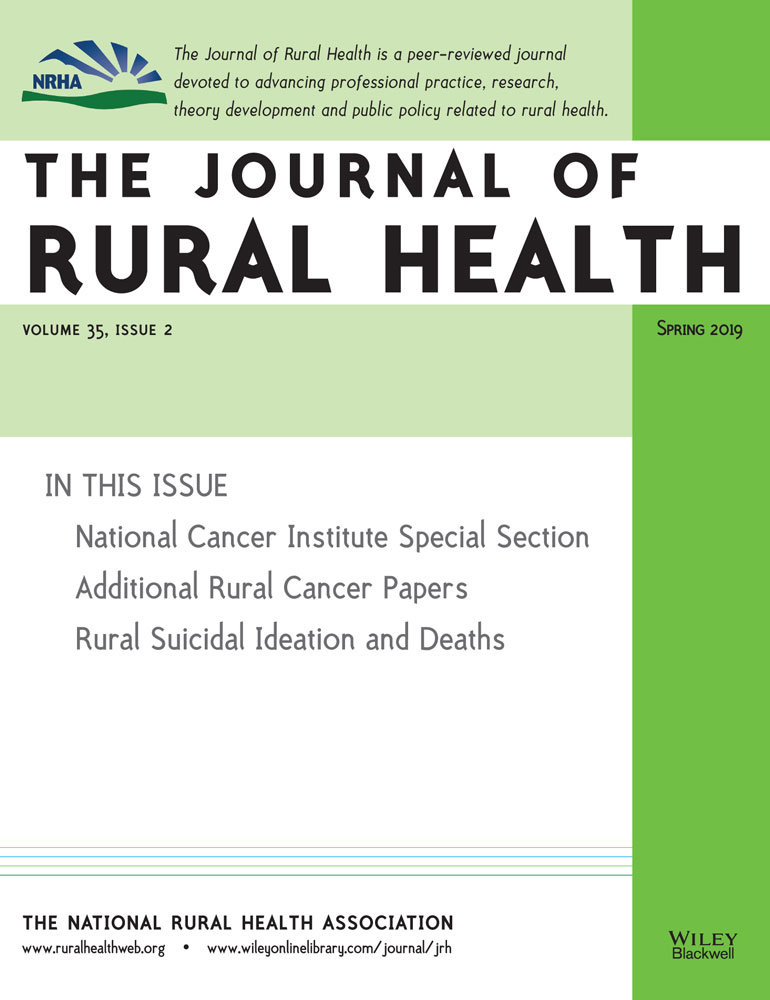Engaging Stakeholders in the Development of an eHealth Intervention for Cancer Symptom Management for Rural Residents
Disclosures: The authors report no conflicts of interest.
Funding: The research was made possible with funding from the Iowa Cancer Consortium, the University of Iowa, College of Nursing, and the National Palliative Care Research Center.
Acknowledgments: We would like to thank the patients, caregivers, and clinic staff who graciously gave their time to participate in this research.
Abstract
Background
Late-stage cancer diagnoses disproportionately occur in rural residents, frequently resulting in increased need for symptom management support with minimal access to these services. Oncology Associated Symptoms and Individualized Strategies (OASIS) is an eHealth symptom self-management intervention that was developed to provide cancer symptom self-management support and address this disparity.
Purpose
To engage stakeholders about the symptom management needs and concerns of patients with advanced cancer living in rural areas.
Methods
A 3-phased, mixed-methods design was used to (1) assess stakeholder needs and opinions; (2) develop a symptom self-management website; and (3) obtain usability feedback from potential users. Interviews with stakeholders (patients and clinic staff) from rural areas using a descriptive qualitative approach were analyzed; cross-cutting themes were identified; a symptom management web application was developed; and stakeholders completed a 12-item usability survey about the web application.
Results
Patients (n = 16) and clinical staff (n = 10) participated in phase 1. Three major themes were identified: “symptom experience,” “symptom management,” and “technology.” Through an iterative process using these results and evidence from the literature, the OASIS web application was developed. Usability testing with N = 126 stakeholders demonstrated that the web application is easy to use, contains relevant content, and has pleasing graphics. No differences were found among patients, family/friends, and staff. Both frequent and infrequent internet users positively evaluated the web application.
Conclusions
Rural stakeholders report significant symptom management needs, are interested in eHealth technologies, and perceived OASIS positively. Future research is needed to evaluate the feasibility, acceptability, and efficacy of OASIS.




